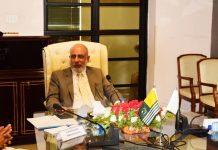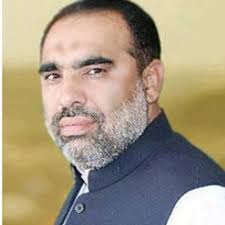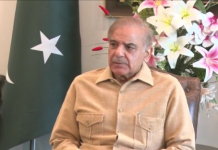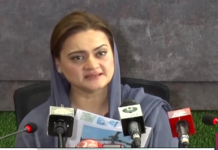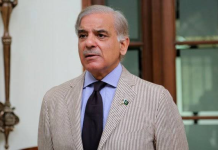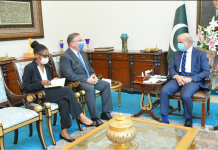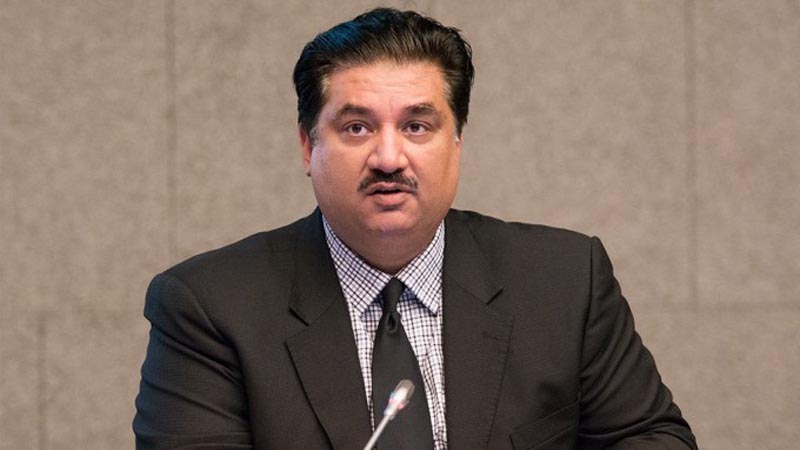
The final declaration was issued on Sunday after the defence ministers’ of member states met in Riyadh
The terms of reference (TORs) of the coalition that will undertake joint military operations against terrorist outfits were finalised in the meeting where Pakistan was represented by Defence Minister Khurrum Dastagir.
Saudi Crown Prince Muhammad bin Suleman presided the gathering.
In the declaration, the ministers have laid stress on the importance of the military’s role in combating the threat of terrorism, and enhancing security and peace in the region.
A press statement released after the meeting stated that the ministers emphasised the importance of providing necessary military capabilities to ensure that terrorist organisations were weakened, dismantled, eliminated and deprived of the opportunity to reorganise.
After the release of the ToRs, it is now clear that participation of coalition states will be defined in accordance with each country’s capabilities and resources, as well as with each country’s desire to participate in a given military operation.
Pakistan had principally agreed to be part of the coalition but withheld its decision regarding the extent of its role till the ToRs were finalised.
While agreeing to be part of the coalition, Pakistan had all along stated that it would not allow its troops to participate in any military action outside the country. Islamabad also insisted that it would not become part of an initiative aimed at any other Islamic country.
The 41-nation alliance was first announced by Saudi Arabia in December 2015. But key countries such as Iran, Syria, and Iraq were not invited to join it, strengthening the impression that the initiative was meant to target certain countries.
Pakistani government found itself in a tight spot because it neither wanted to annoy Saudi Arabia nor undermine its ties with neighbouring Iran. In this regard, Army chief General Qamar Javed Bajwa recently travelled to Tehran and held wide-ranging talks with the Iranian leadership on the issue.
Speaking at the conference, IMCTC chief Gen (retd) Raheel Sharif dispelled the impression that the group was sectarian in nature and had any sinister plans. He insisted that the sole objective of the alliance ‘is to counter terrorism and it is not against any country or any sect’.
He said while all individual states were making efforts against the menace of terrorism, the required level of synergy and resources were lacking. “The IMCTC will support its partners mainly through intelligence sharing and capacity building,” he said.
General Sharif said Muslim world was the biggest victim of the menace of terrorism and in the last six years alone, more than 70% of all deaths attributed to terrorism, had occurred in Muslim countries.
In his address, Defence Minister Khurram Dastagir assured the Saudis and the participating countries of Pakistan’s full support and cooperation within the mutually agreed framework of the IMCTC.
Dastagir acknowledged and appreciated efforts of the Saudi leadership in building partnerships to counter the scourge of terrorism and extremism. He highlighted Pakistan’s key role in the global fight against terrorism and showcased Pakistan’s successful counter terrorism operations and the comprehensive National Action Plan.
Meanwhile, Saudi Arabia’s crown prince vowed to ‘pursue terrorists until they are wiped from the face of the earth’. In the past, he said, terrorists have been active in all of our countries. “This ends today with the formation of this alliance,” he said.
Published in Daily Times, November 28th 2017.

